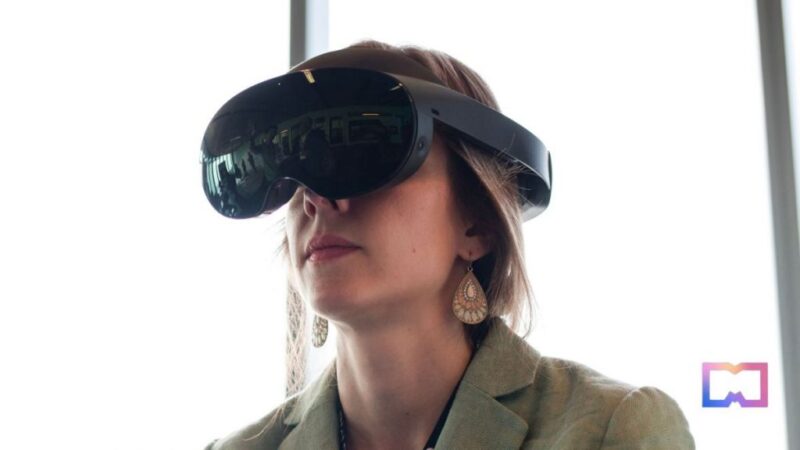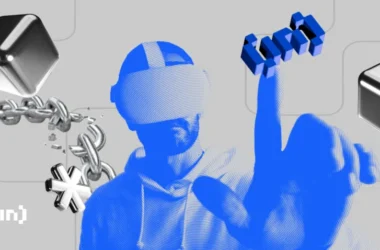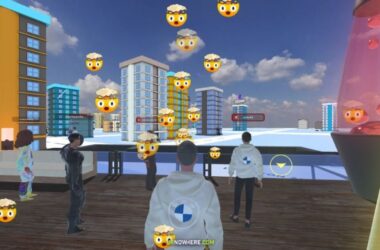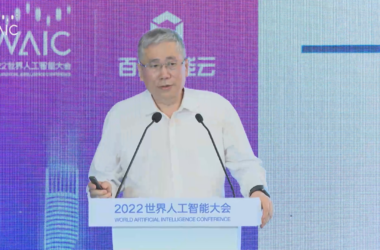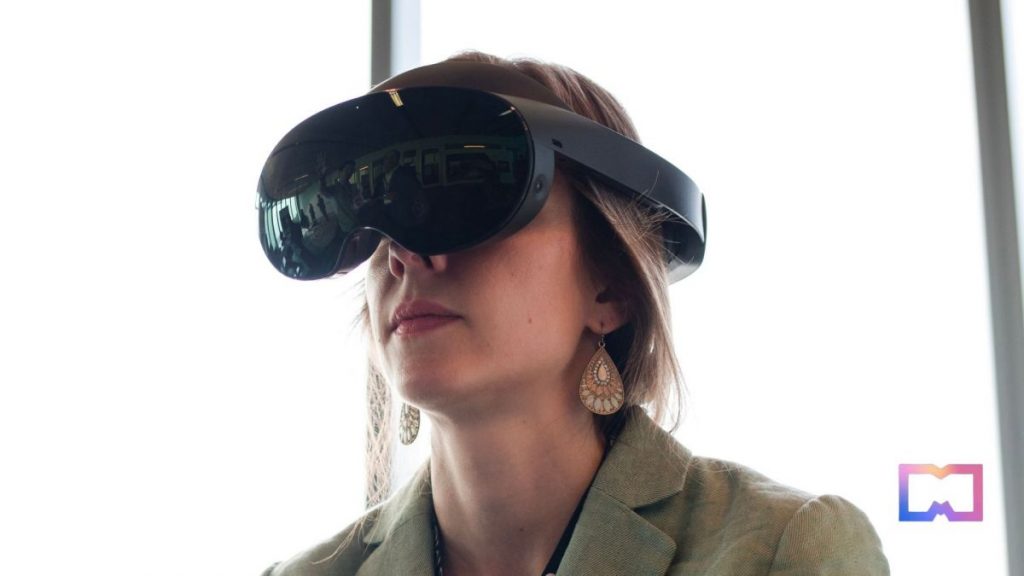
From chalkboards to projectors, and textbooks to tablets, education has always evolved alongside technology. The latest technological frontier in education is the Metaverse—an interconnected, virtual shared space created by the convergence of virtually enhanced physical reality and interactive digital spaces.
Meta recently claimed the Metaverse is set to revolutionize how educators teach and students learn. The concept of the Metaverse includes a range of technologies like Virtual Reality (VR), Augmented Reality (AR), and Mixed Reality (MR). Meta, formerly known as Facebook, is one of the major companies pushing the boundaries in this space.
The company announced a new program with 15 U.S. universities focused on utilizing immersive technology for education. Meta claims that these aren’t just digital classrooms; they’re entirely new landscapes for experiential learning.
According to a PwC study, 40% of learners using VR feel more confident in their job performance versus traditional training.
American Universities Take the Lead
Meta will be collaborating with 15 American universities to examine how these immersive technologies can further education. For example, Stanford University’s Business School is using VR applications like BodySwaps to simulate difficult conversations in a business setting.
Purdue Global University, on the other hand, is employing VR simulations to train nurses in a hospital setting, providing them a risk-free environment to practice complex procedures.
To ease the access to educational resources, Meta is introducing dedicated “education shelves” in the Meta Quest Store. This aims to serve as a marketplace for educational applications, ranging from basic STEM subjects to more specialized topics, making it easier for educators and students to find appropriate resources.
European Education Adapts to New Tech
Europe is not far behind in integrating the Metaverse into education. In Italy, schools can use government funds to integrate digital and virtual technologies into their curricula. The University of Camerino in Italy plans to conduct its first course entirely in the Metaverse, a significant milestone in immersive education.
While Meta is undoubtedly a major player, other companies are also contributing to the educational Metaverse. GoStudent in Germany and Austria, for instance, offers virtual language learning environments, while the UK-based Noun Town uses game elements to teach new languages through a VR interface.
Accessibility and Implementation
Despite the promise, the adoption of Metaverse technologies faces several hurdles. Costs of hardware, the need for high-speed internet and the necessity of teacher training are all barriers that could slow down widespread adoption.
The introduction of the Metaverse in education holds immense promise but also poses serious challenges that require a collective effort to overcome.
However, navigating the challenges and making the most of the opportunities will require a cautious yet proactive approach. Universal accessibility, educator training, continued research and evaluation will be crucial for this technology to realize its full potential.
Source: mPost


